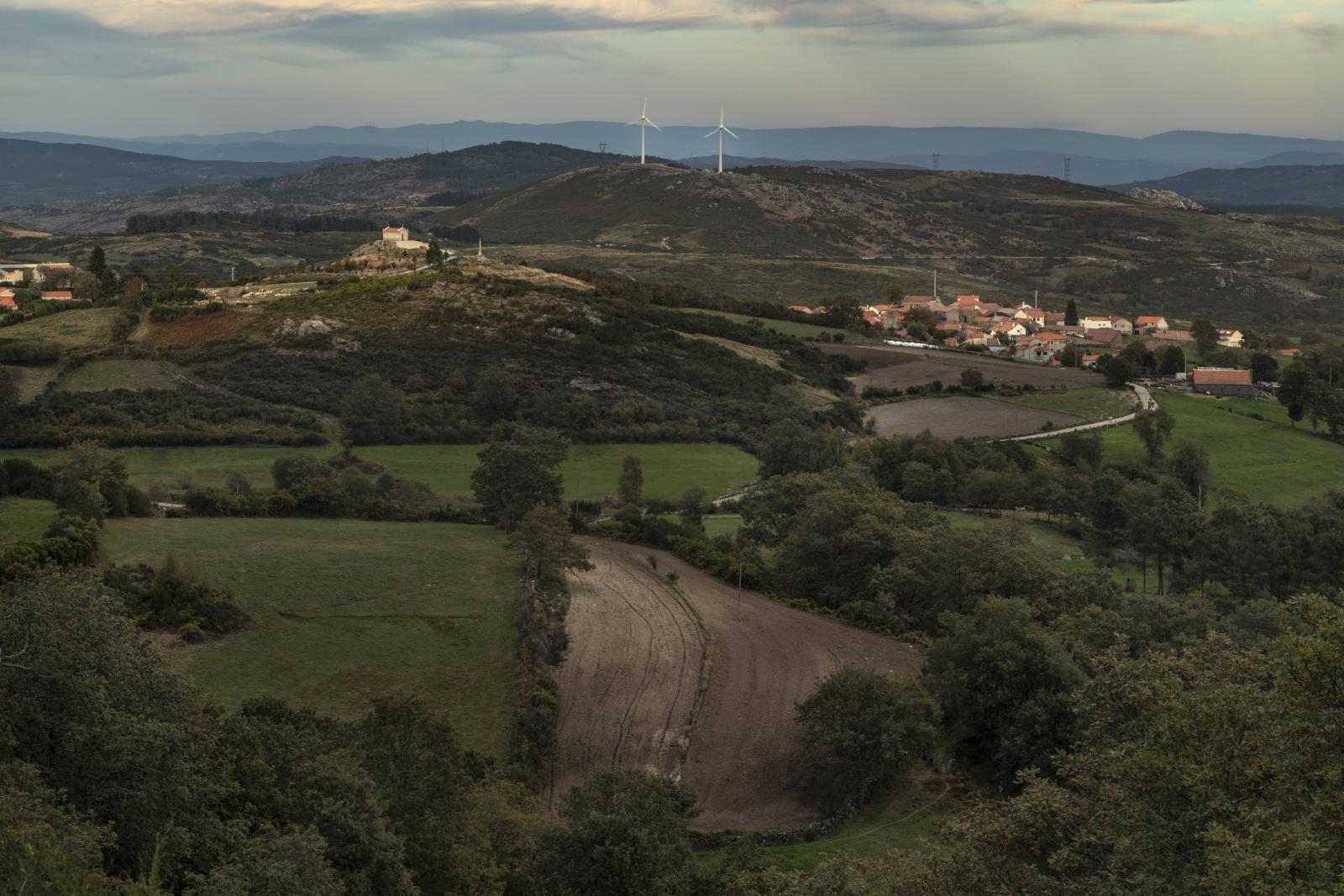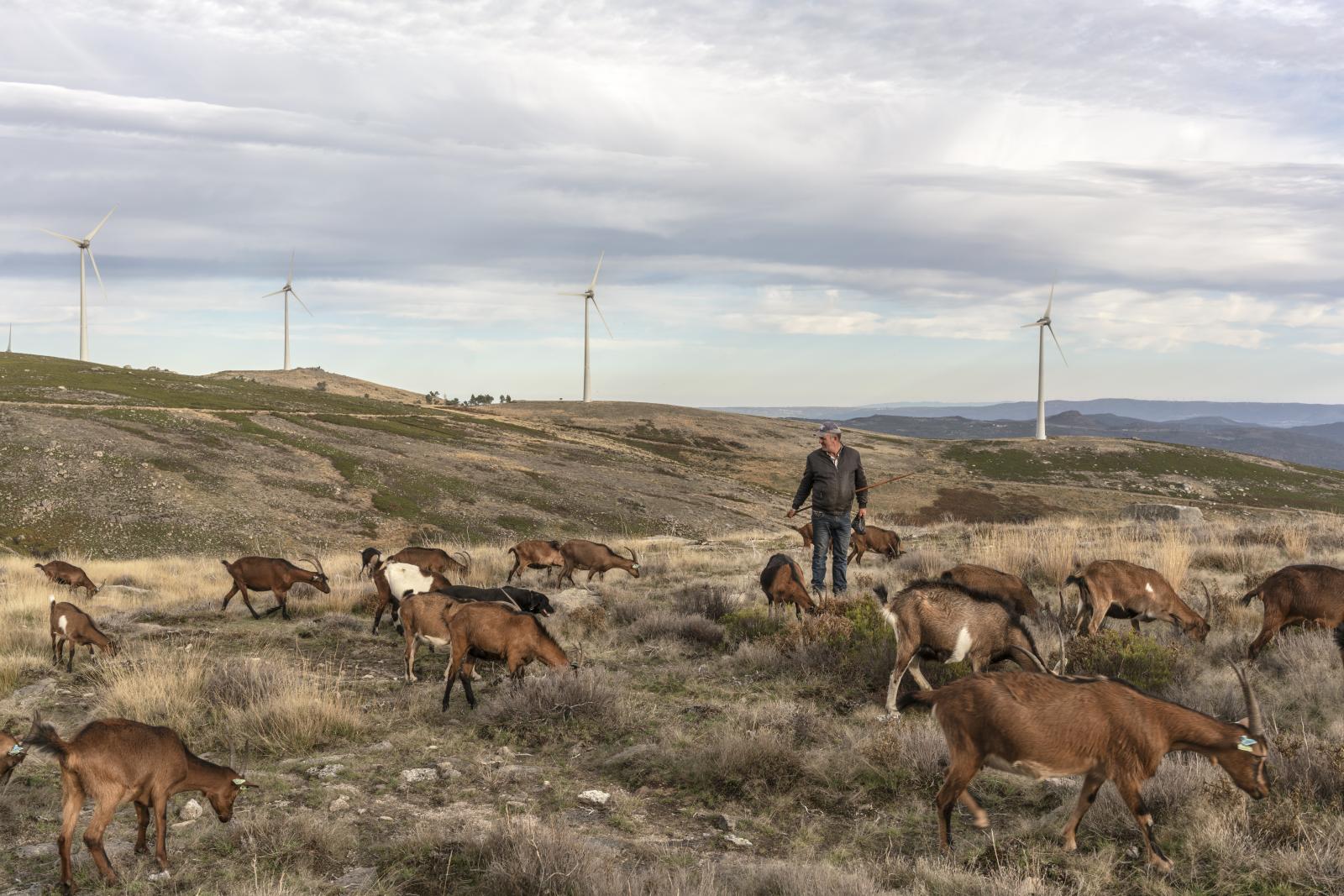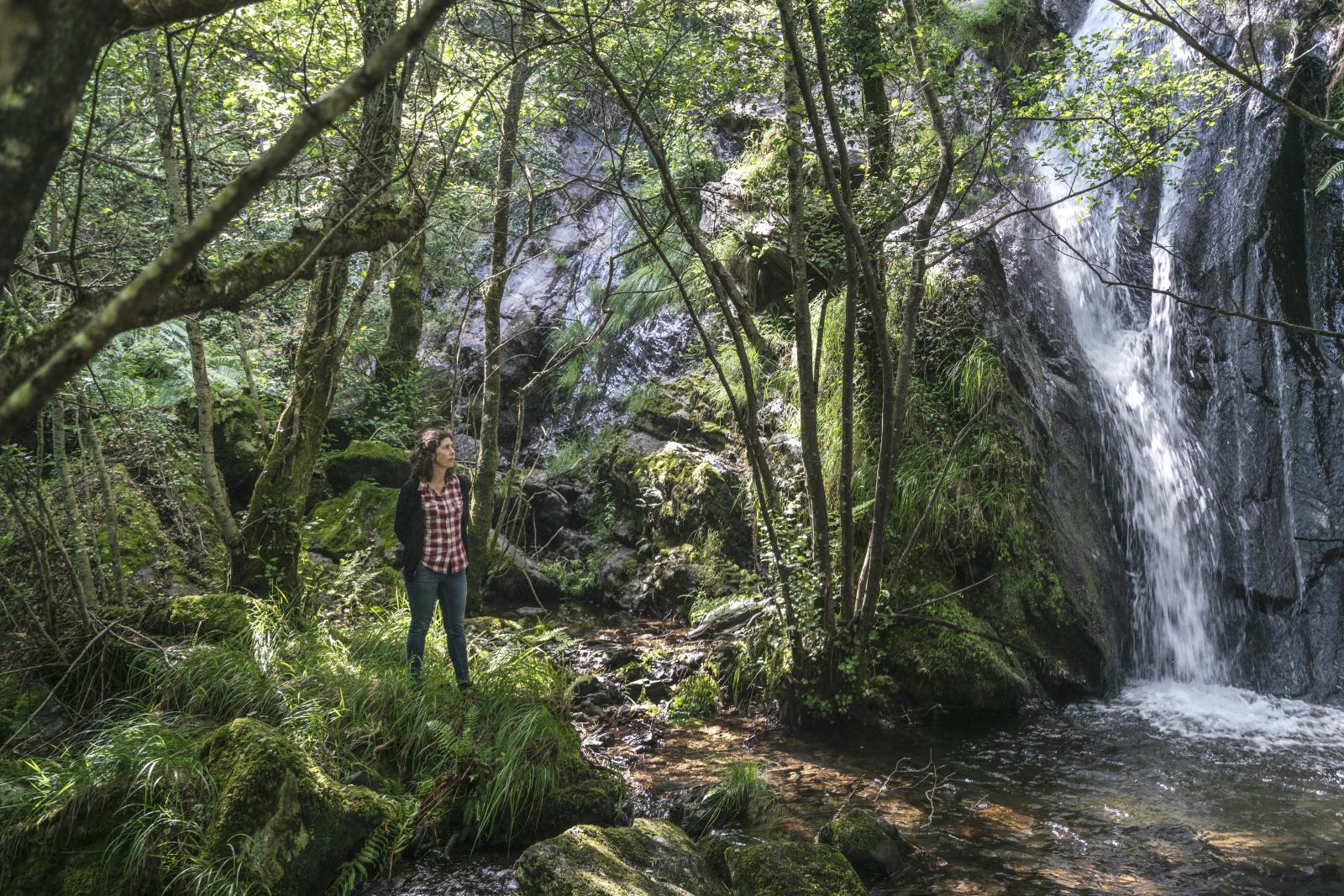Public Project
Portugal: the Lithium Dilemma
Summary
As Europe belatedly joined the race to lead the electric mobility revolution, a unique corner of Portugal saw itself under the spotlight. Long neglected by its government, the Barroso region was still savoring the thrill of being denominated a Globally Important Agricultural Heritage System (GIAHS) by the Food and Agriculture Organization of the United Nations when it discovered authorities in Lisbon were granting mining concessions for its large lithium deposits. It chose to resist, a fight that's splitting communities and raising questions about who bears the price of the energy transition.
Mining has a long history in the region, but one that does not elicit fond memories. Most mines closed years ago without leaving any prosperity, only scars in parts of the landscape that abandoned wells and tunnels, now hidden by vegetation, make it too dangerous for humans or animals to roam through.
The first of the new lithium mines waits just for a final permit from the mining authorities to start operating. It will open a pit 800 meters wide a mere 500 meters from the village of Covas do Barroso. It’ll also consume huge amounts of the water that is at the heart of the village’s unique agricultural practice, one that merited from the Food and Agriculture Organization of the United Nations the GIAHS designation, which distinguishes areas "characterized by remarkable agrobiodiversity, traditional knowledge, invaluable cultures, and landscapes, sustainably managed by farmers, herders, fisherfolk, and forest people in ways that contribute to their livelihoods and food security”.
The recognition was a big booster for the image of the Barroso and its products.
Those resisting the mines (polls show a majority of residents of the Barroso oppose them) are often getting in conflict with neighbors and relatives to do so. But what they resent the most are accusations by the rest of the country of being selfish and an obstacle to progress, narrative authorities encourage. One-quarter of the energy produced in Portugal comes from their region’s rivers, dammed by hydroelectric power plants, or its landscape, dotted with hundreds of wind turbines. Little of the revenues generated benefits the area.
Other mines are soon to follow. Portugal has some of the largest lithium deposits in Europe. The government hopes to make the country part of the supply chain for the growing electric mobility industry. It recently announced an international tender for other mining concessions around the country. Many in regions that are equally rich in nature.
7,874



























